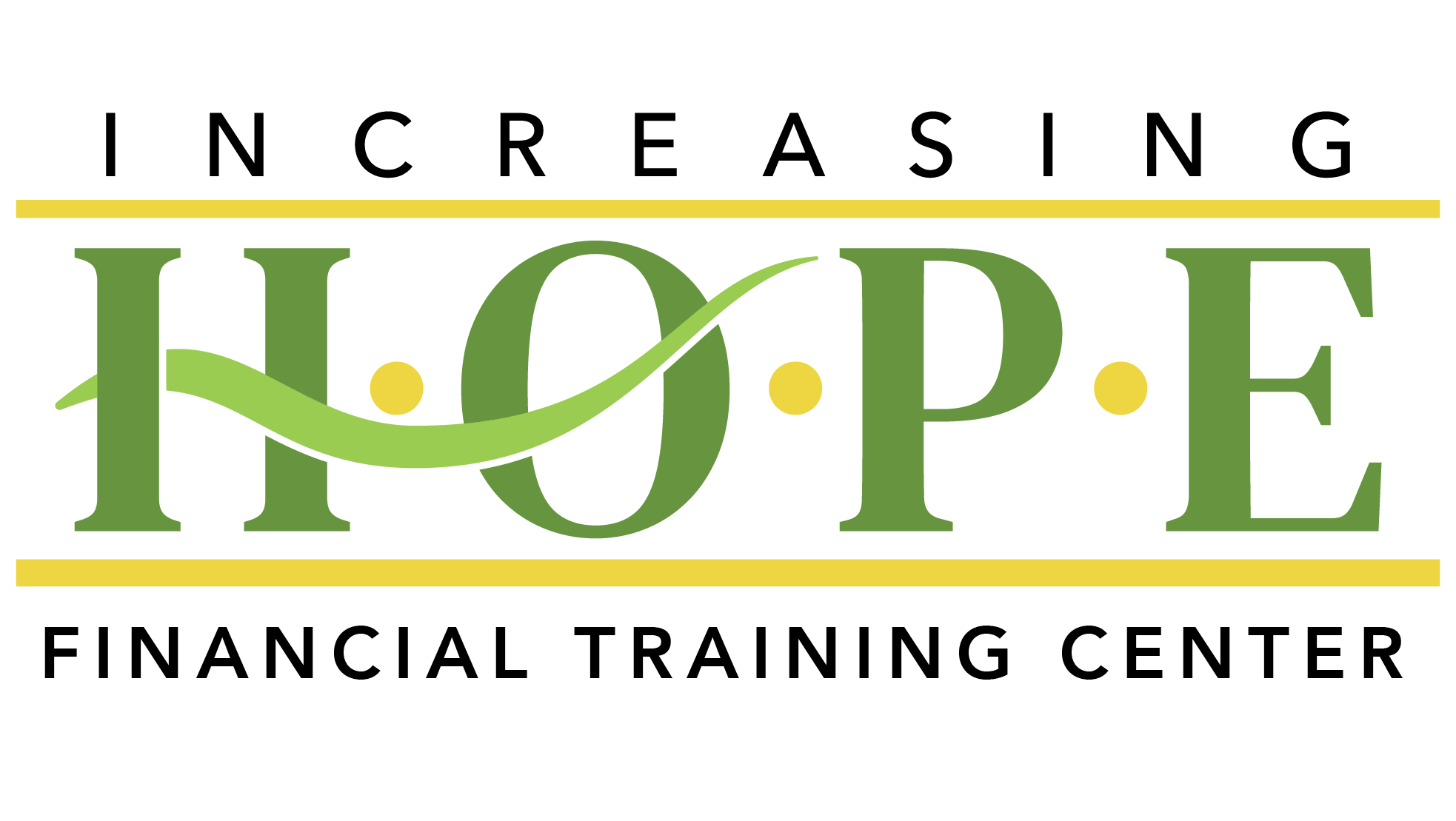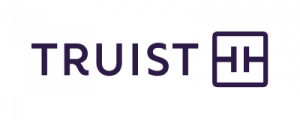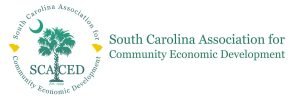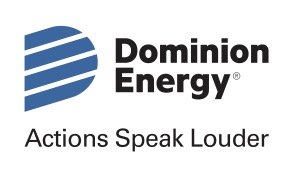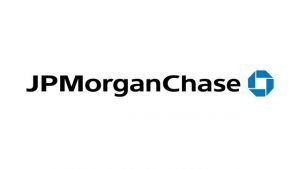Are You Financially Free?
Americans have more than $3 trillion in consumer debt, according to the Federal Reserve. Do you have the money management skills needed to be financially free? April is Financial Literacy Month and as the statistics suggest, money management, or financial capability, is sorely needed. Nearly 28 percent of adults do not pay their bills on time and more than 65% do not have a budget.
Do you have what it takes to master your financially capability? To break free from the burden and weight of debt and money insecurities, Increasing Hope can provide the knowledge and tools you need. In honor of Financial Literacy Month, we’ve listed our top 5 financial capability skills you need to get on track and save yourself from becoming one of the statistics.
1. You Need a Starting point
To make any progress, you have to know where you’re starting. Take an honest look at your finances. Add up your assets (what you own) and add up your liabilities (what you owe). Subtract your liabilities from your assets and you have your personal net worth. Schwab MoneyWise explains, “if your net worth is low or in the red, you’ll need to work on saving more and spending less. To watch your progress, calculate your net worth now and recalculate it once or twice a year.”
To set up your personal net worth statement, Schwab MoneyWise recommends creating a simple checklist following these steps:
- List your assets.Include items such as:
- Money in your bank accounts
- Value of your investment accounts
- Your car
- Market value of your home
- Business interests
- Personal property, such as jewelry, art, and furniture
- Cash value of any insurance policies
- List your liabilities.Include items such as:
- Mortgage
- Car loan
- Credit card balance
- Student loans
- Subtract your liabilities from your assets to determine your personal net worth.
They also have a useful net worth worksheet. Once you have a starting point, you can set goals to move forward. If you are in the red, or if you owe more than you own, the following steps will help you get out of debt and achieve financial freedom.

2. You Need a Budget
You’ve determined your starting point and faced your finances head-on. Now, let’s set up a budget to move forward. With a simple budget, you take back control over how your money is spent. You will become empowered with basic plans for the future and overjoyed when you see progress in your personal net worth.
Bank of America’s blog, Better Money Habits in partnership with Khan Academy, outlines these simple steps to setting up an effective budget:
- Note your net income.This is your take-home after taxes. The foundation of your budget, understanding how much you bring home every month is the very first step in building your financial plan for the month. Be honest and take away any automatic deductions from your paycheck to get your actual take-home pay.
- Track your spending.Start by listing your fixed expenses – mortgage, car payment, insurance – which are those payments that do not fluctuate. Then, list your variable expenses such as groceries, utilities, spending. Your variable expenses are where most of your cut-backs will take place. Many banking websites offer free tools to track spending and a lot of apps will do the trick as well. You can pay for programs to help or simply use pen and paper.
- Set your goals.These include short-term and long-term goals. They recommend keeping your short-term goals to under a year. Some short-term goals could include reducing credit card debt, building up an emergency fund, and improving your credit. Long-term goals are those that will take more than a year to many years down the road. From retirement, college saving funds, or paying off your mortgage, these goals are not immediately tangible, but you need to start planning for them now to achieve them in the future. Knowing your goals, you can set up marks that you are working to achieve and puts your family on the same page with your finances.
- Make a plan.Using the lists of fixed and variable expenses, make a plan for your upcoming expenses. Look through your variable expenses and determine what is a need and a want. The “want” category is the best place to start in reducing your monthly spending. Remember, if your personal net worth or net income is in the red, you need to cut back your spending. Starting with your variable expenses is the simplest place to start.
- Adjust your habits if necessary.If you find you’ve cut back as much as you can on spending, but you are still in the red, it’s time to consider how you can reduce your fixed expenses. “On close inspection a ‘need’ may just be a ‘hard to part with,’” according to the article. If you can move into a smaller house or drive a less expensive car, for example, these are hard sacrifices to make, but will help you in the long run achieve financial freedom.
Keep checking in.After you’ve created your budget and made the first steps toward your financial goals, make sure to go back on a regular basis to review your budget. You will need to adjust your budget as your spending patterns change and as your priorities change. Checking on your budget will also let you know if you’re meeting you goals and keep them fresh in mind, which is important as you go through the spending cut-backs.
3. You Need an Emergency Fund
The next step in financial freedom is setting up an emergency fund. When unplanned expenses come up or hardships arise, you need savings that you can tap into to save you from building up a credit card balance. The key to the emergency fund is to keep it separate from your checking account so you aren’t tempted to spend the money. If you are working to pay down credit card debt, use some of that money to build up an emergency fund. After all, what is the point of paying off a credit card if you’ll have to use it again in an emergency because you have no savings? The rule of thumb for an emergency fund is to have enough to cover three to six months of living expenses. If you lose your job or a spouse is in the hospital, you need money to fall back on and stay out of debt.
4. You Need to Increase Your Income
The most basic way to increase your net income is to be promoted or to start a new job offering higher pay. This is of course easier said than done. However, you can take steps today to meet this goal in the future. Research ways to develop skills and improve your employability. Along with looking for areas to move up in your job, work on those skills that are highly sought-after by employers. Monster lists 7 work skillsthat stand out to employers in 2018: problem solving, data analytics, social media literacy, creativity, resiliency, good business sense, and willingness to learn. Spend time to determine your biggest strengths and look for ways to capitalize on those. Read up on the latest books on management and business, follow blogs and sign up for newsletters from the leaders in your industry and business moguls, and continuously build upon your knowledge and skills.
You can also set up side gigs that will help bring in extra money every month. With the internet and the amount of free resources in the world today, setting up a side hustle is easier than ever. Millennial Money Man blog lists 7 side hustlesyou can start this year to earn extra money. And here are 15 more from Forbes. Invest your time in doing the research today and you can see some more income tomorrow.
5. You Need to Plan for the Long Term
Financial freedom is long-term. To master financial capability and gain independence from debt, you have to think long term while also acting today. Long-term financial planning includes retirement funds, college saving funds for your children, home ownership, life insurance and estate planning, among other things. You also want to plan for fun! Do you want to travel? Own a vacation home on the beach? Visit your grandkids as often as you like? With long-term planning, you can do the hard work and make sacrifices today to ensure you have a secure future.
When working toward financial freedom, understanding every step can be overwhelming. The important thing is you are taking the steps to move forward. At Increasing Hope, we have the resources and passion to get you financially free. From training courses, bootcamps, and events to educate and inspire you, Increasing Hope can help you. As a non-profit financial training center, we care about helping every member of our community and provide courses on a sliding scale. Let’s do this and together we can build your financial capabilities today!
